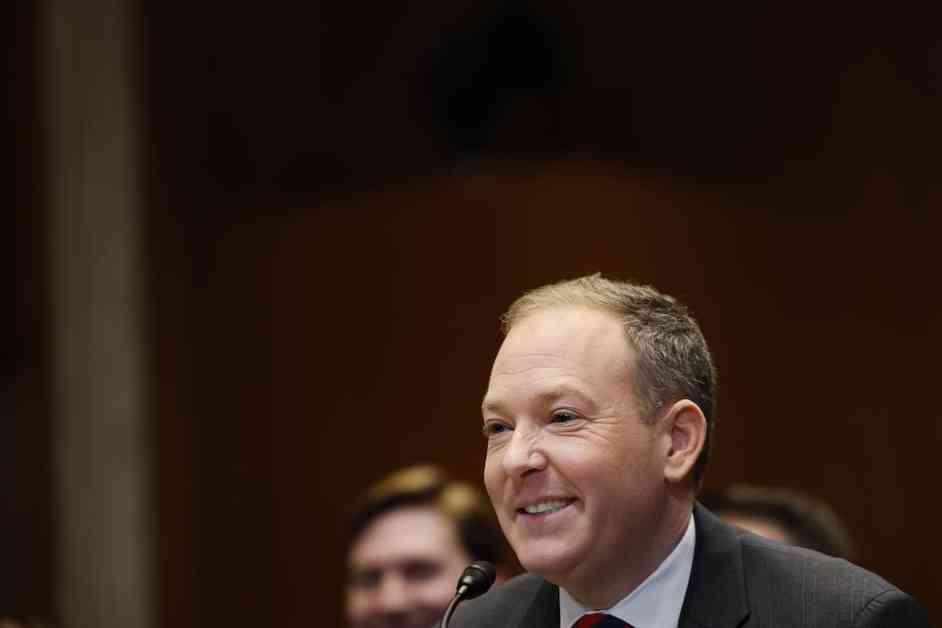EPA Chief Announces Rollback of 31 Environmental Regulations
EPA Administrator Lee Zeldin made headlines on Wednesday with a bold move that he called the “most consequential day of deregulation in American history.” In an unprecedented announcement, Zeldin unveiled plans to roll back 31 environmental regulations, marking a significant departure from the Biden-era policies. These regulations encompass a wide range of issues, from climate change to electric vehicles and pollution limits for coal-fired power plants.
Zeldin’s decision, if approved, is poised to have far-reaching impacts on the economy and the environment. He claims that these actions will lead to a reduction in prices for everyday expenses such as home heating, car purchases, and business operations by eliminating trillions in regulatory costs and hidden taxes. In a press release from the EPA, Zeldin expressed his eagerness to drive down the cost of living for American families, unleash American energy, and revitalize the auto industry, among other goals.
One of the most controversial regulations set to be rolled back is an EPA finding from 2009 that determined greenhouse gases are a danger to public health and welfare. This finding has served as the basis for numerous climate regulations covering power plants, vehicles, and other sources of pollution. Climate scientists and environmentalists view this Obama-era decision as a critical component of U.S. law, and any attempt to reverse it is expected to face significant legal challenges.
In addition to the endangerment finding, Zeldin’s plan includes revisiting regulations that affect the oil and gas industry, mercury standards for coal-fired power plants, the Greenhouse Gas Reporting Program, and wastewater regulations for coal plants. These changes signal a shift in the EPA’s approach to environmental protection, with a renewed focus on energy dominance and cost reduction.
Critics of Zeldin’s actions, including environmentalists and democratic lawmakers, have raised concerns about the potential consequences of these rollbacks. They argue that weakening regulations could lead to a range of health problems, including heart attacks and asthma, as well as exacerbate the impacts of climate change. Gina McCarthy, who served as EPA administrator during the Obama administration, described the move as “the most disastrous day in EPA history,” warning that it poses a threat to public health and well-being.
Despite the controversy surrounding these deregulation efforts, Zeldin remains steadfast in his commitment to advancing the administration’s agenda. While the EPA’s announcements are not legally binding and will be subject to public comment and scrutiny, their potential impact on the environment and public health cannot be overlooked. As the debate over environmental policy continues to unfold, the implications of these rollbacks are likely to shape the future of environmental regulation in the United States.
In the midst of these changes, it is essential to remember the core mission of the EPA: to protect and enhance the environment. As the agency navigates this new chapter in its history, the decisions made today will have lasting effects on the health and well-being of all Americans. The balance between economic development and environmental protection remains a critical issue, and the choices we make now will determine the legacy we leave for future generations.














